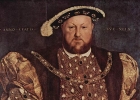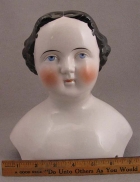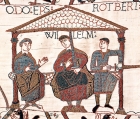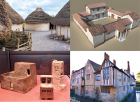General
When considering planning for any topic perhaps the first question should be to question your rationale for teaching this topic and how it relates to wider issues such as diversity, learning outside the classrooms, and whether to teach history discreetly or as a part of meaningfully linked cross curricular approach. In this section, you will find articles, guides, resources that will support you to develop your planning and helping children to make progress.
Sort by:
Date (Newest first) | Title A-Z
Show:
All |
Articles |
Podcasts |
Multipage Articles
-

Including the Muslim Contribution in the National Curriculum for History
ArticleClick to view -

Is teaching about the Holocaust suitable for primary aged children?
ArticleClick to view -

Oral history, a powerful tool or a double edged sword?
ArticleClick to view -

Planning for diversity in the Key Stage 2 history curriculum
ArticleClick to view -

Primary History at Key Stage 2
ArticleClick to view -

Primary history and British values
ArticleClick to view -

Processes, Chronological Understanding & Planning
ArticleClick to view -

Progression and coherence in history
ArticleClick to view -

Pupils as apprentice historians (3)
ArticleClick to view -

Sutton Hoo - Classroom archaeology in the digital age
ArticleClick to view -

Teaching history to young children
ArticleClick to view -

The digital revolution
ArticleClick to view -

The importance of history vocabulary
ArticleClick to view -

Ways of making Key Stage 2 history culturally inclusive: A study of practice developed in Kirklees
ArticleClick to view -

What your local Archive Service can offer to schools
ArticleClick to view -

Whose history is it anyway?
ArticleClick to view -

‘Golden threads’ in primary history
ArticleClick to view

